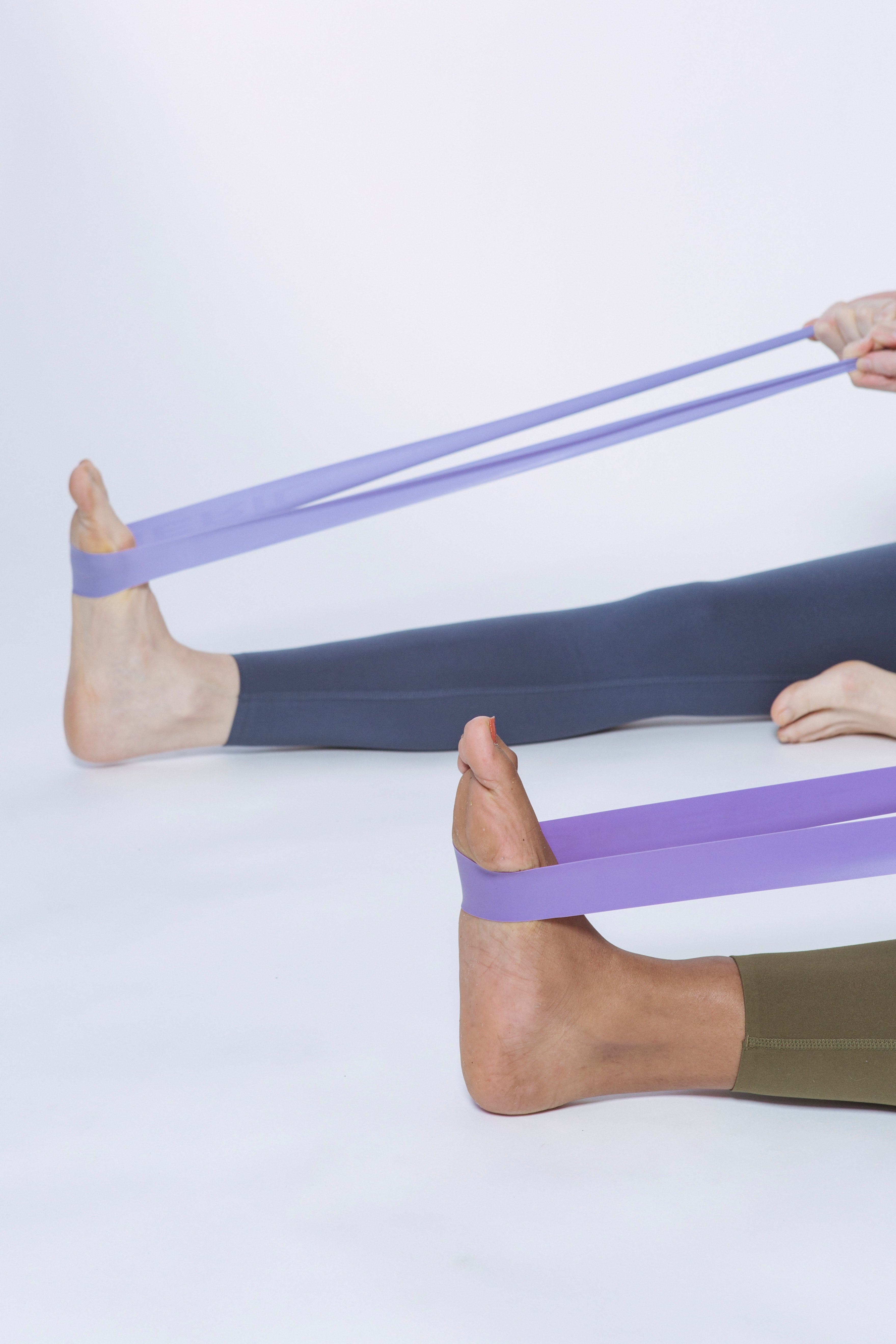What to Expect When You’re Recuperating from a Knee or Hip Replacement

So, you’ve decided to undergo joint replacement surgery. Congratulations! You’re very likely on your way to a much more active and pain-free lifestyle.
The first thing to know about recuperation from a joint or knee replacement is that it is a gradual process that takes place over a lengthy period of time. Familiarizing yourself with what will happen in the weeks and months following the procedure will help you prepare beforehand so you can feel more confident going in.
Physical Therapy is Crucial to Recovery
While recovering from a hip or joint replacement, most patients must work with a physical therapist to build back their strength and return flexibility to the affected area.
Be sure to work with a Certified Physical Therapist (CPT) who is qualified to provide a proper joint-strengthening program for your recovery. This process is crucial to increasing your mobility as you heal and getting back in shape so you can resume your normal activities. When you partner with a CPT at MidAmerica Orthopaedics, you get every aspect of your treatment – diagnostics, surgery and therapy – taken care of under one roof.
Follow Guidelines to Prepare Before Joint Replacement Surgery
There are many ways to prepare for life post-surgery. The idea of surgery can be scary. Educating yourself on what happens next will give you a stronger sense of confidence so you feel more control over your circumstances. Three areas to focus on are:
- Preparing your home. Ask your doctor what measures you can take to create a safer space when you return home. You will want to eliminate potential trip and fall hazards, create a first-floor sleep space, and prepare yourself for the use of a walker while healing at home.
- Managing pain or discomfort. It’s common to experience some pain or discomfort following joint replacement surgery, although the amount varies depending on the patient. Ask your physician what to expect beforehand, including the best ways to approach medication. Some patients opt out of medications. But if you’re following a prescription you will typically need to:
- Follow the instructions on the prescription label.
- Take medication as soon as you begin to feel pain – become it becomes severe.
- Take your pain medication before activity and bedtime.
- Talk to your physician if you experience nausea or other side effects.
- Asking for support. If you will have stitches or staples removed while taking pain medications, you may need a friend or relative to take you to your appointment.
Patients may need to provide advance notice before running out of prescribed medications. In general, when recuperating it helps to plan ahead.
Steps to a Fuller Recovery
Every joint replacement patient faces a unique recovery. You may be out of the hospital within a day, while others need a bit longer before making their way home. Either way, these steps typically support and hasten a patient’s recovery.
- Keep it moving. Movement is key to a healthy recovery. But don’t push yourself too hard. Start slow; then, gradually increase light activity like walking and standing.
- Get exercise. If possible, a healthy exercise routine after surgery will often speed up the recovery process. With the supervision of your specialist, plan to strengthen your whole body. This will likely include low impact exercise with the guidance of your CPT.
- Monitor your diet and weight. Excess weight can put undue stress on the knees and hips. Maintaining a healthy weight will help aid your recovery and prevent injuries to other joints.
- Ask for help. Recovering from hip surgery takes time. Having a friend or family member help out and check in on you in the early stages of recovery will help ensure you don’t try to rush to the finish line.
- Rest. Be sure to get your z’s! Sleep is vital to a quick and efficient recovery.
Contact Your Orthopaedic Surgeon with Any Concerns
The vast majority of joint replacement surgeries are highly successful. Still, complications occur in rare cases, and it’s important to know when to contact your surgeon. For instance, following a total knee replacement, your ability to bend your knee should eventually increase. A decrease in mobility would be a reason to contact your surgeon’s office. Other possible reasons include growing pain in your hip or knee, swelling in the operative site, or signs of infection near the incision.
Over time, normal use and activity may cause the implant to wear. If you have replacement surgery when you are young, it is reasonable to expect that you may eventually face another procedure in the future to accommodate for this wear. Weight issues or excessive activity can increase the normal wear and tear on the implant, so it is usually best to avoid high-impact activities and focus on maintaining a healthy weight and lifestyle.
To minimize the possibility of complications, seek treatment at a trusted facility that will provide you with the best care possible. The team of specialists at MidAmerica’s Total Joint Clinic is made up of award-winning physicians like Doctor Sarkis M. Bedikian D.O. who are experts in the top of their field. Dr. Bedikian strives to dramatically improve the quality of life of his patients so that each one returns to a full, active lifestyle.
MidAmerica Orthopaedics has a strong track record of hip and knee replacements at its Palos Hills and Mokena locations. If you need a joint replacement or have questions about any joint condition, contact us online or give us a call at (708) 237-7200 today!

